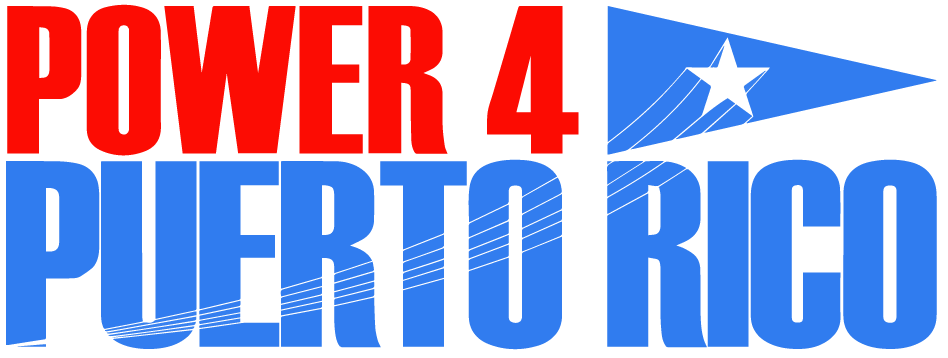Municipalities, counties and townships can declare bankruptcy under Chapter 9 of the Federal Bankruptcy Code in an effort to restructure their debts and get back on track. Thanks to its colonial status, Puerto Rico was explicitly excluded from seeking protection under federal bankruptcy laws, which would have otherwise allowed Puerto Rican municipalities and public corporations to declaring bankruptcy under Chapter 9. Seeing no other option, Puerto Rico’s government passed its own bankruptcy law to allow its financially troubled entities a chance at an orderly restructuring.
PROMESA
With Puerto Rico about to lose the ability to pay its debts, and with its hands tied by the U.S. government, Congress stepped in. It created bankruptcy procedures but also created a mechanism to further control Puerto Rico based, again, on Congress’ plenary powers, which stem from the Insular Cases discussed above.
Sánchez Valle, the Insular Cases Revived
The constitution prohibits double jeopardy, which means that individuals cannot be charged for the same crime twice by the same sovereign. However, they can be charged for the same criminal activity by both federal and state governments, which are two separate sovereigns. Puerto Rico had been charging individuals for the same criminal activity since 1952. The question for the Supreme Court was whether Puerto Rico was a separate sovereign for purposes of the double jeopardy clause.



